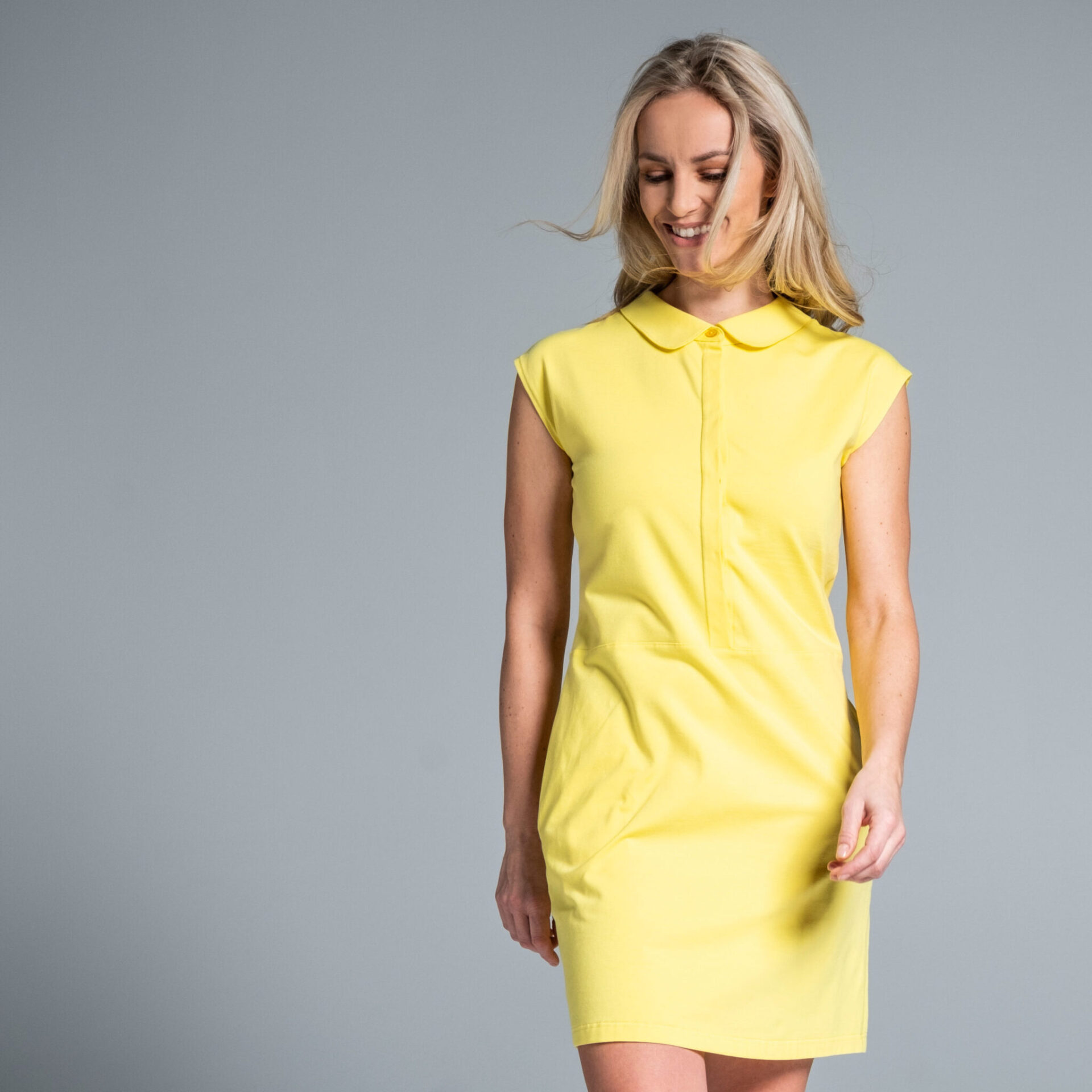Oeko-Tex Standard 100
The OEKO-TEX® Standard 100 is a globally uniform, independent testing and certification system for textile raw, intermediate and end products of all processing stages as well as accessory materials used. Examples of certifiable articles: raw and dyed/finished yarns, woven and knitted fabrics, accessories such as buttons, zippers, sewing threads or labels, ready-made articles of various kinds (clothing of all kinds, home and household textiles, bed linen, terry towelling and many more).
Criteria
The central claim of the OEKO-TEX® Standard 100 since its introduction in 1992 has been the development of test criteria, limit values and test methods on a scientific basis. Based on its extensive and strict catalog of measures with several hundred regulated individual substances, the OEKO-TEX® Standard 100 takes into account:
- Important legal regulations such as banned AZO colorants, formaldehyde, penta-chlorophenol, cadmium, nickel, etc.
- Numerous chemicals of health concern, even if not yet regulated by law.
- Requirements of Annexes XVII and XIV of the European Chemicals Regulation REACH as well as the ECHA SVHC Candidate List, as far as they are relevant for fabrics, textiles, garments or accessories according to the assessment of expert groups of the OEKO-TEX® community. Discussions and developments deemed relevant will be considered in updates to the OEKO-TEX® Standard 100
- requirements as soon and as effectively as possible.
- Requirements of the US Consumer Product Safety Improvement Act (CPSIA) on lead


